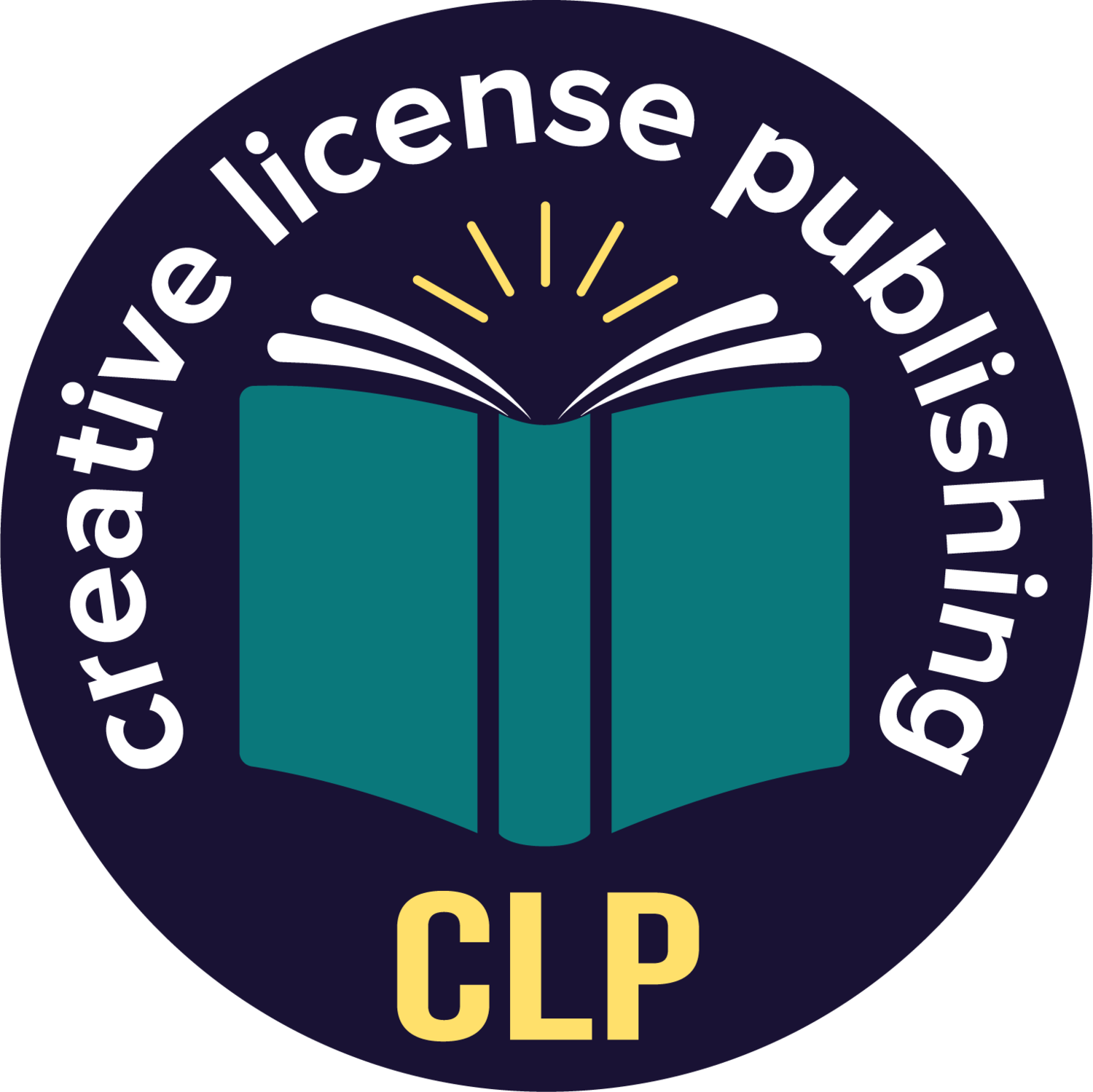Is AI All That and a Bag of Chips?
As a writer and ghostwriter, lately, I’ve been hearing so much about AI (ChatGPT) and how it can help anyone produce a book. That premise is categorically true. However, it’s analogous to this fact: You can feed your family at a fast-food restaurant, but it doesn’t mean it’s the healthiest meal. With AI, you can create a manuscript, but it’s not a high-quality product. How can I say that? As someone who edits ChatGPT content from clients, it’s clean up on all aisles, 24/7. It’s generally a nightmare endeavor. That said, however, I do believe AI can be useful under certain parameters—it’s not the answer some tout, but it’s not a complete waste either.
Unequivocally, AI’s content production lacks substance. It is a word salad creator, a vomitous display of flowery language that provides the reader with no real information or engaging writing. Hence, I equate it to fast food; it gives you words, but none of them are well put together or fortifying—no quality feeding of the reader’s mind.
Will AI’s capability change with time? Probably. Technology is all about advancement, so I would expect AI to get better. Will it replace the skills of a human crafting a story, either fictional or non-fiction? Who knows. However, for me, the question shouldn’t be about “if” or “will,” but “should:” Should AI take over the creative endeavor of book content creation? You may be surprised at my answer: It all depends on the extent to which it’s used.
If you think about it, AI has been around for a while, assisting writers, and it’s that crutch that’s helped some improve their writing skills. For example, Grammarly is a form of AI to help writers edit. Is it always 100% or even 75% accurate? No, but it can be useful to call out potential areas that the writer overlooked in copyediting and some minor developmental issues. In the case of ChatGPT, it can help with idea generation if writer’s block creeps in. But can it take over writing the entire work? No, not even close.
Therefore, AI is a tool, not a replacement for a human. For example, I was recently asked to developmentally edit a non-fiction book completely written by AI. My review revealed the content to be superficial, the wording flowery, indirect, and delivering nothing concrete to the reader. The writing was surface-level and lacked any substantive takeaways. After my detailed edit, the author agreed with my findings, and I’m now rewriting the book for him. So, was AI the answer for him? Nope.
My point is this: if you have an idea, trust yourself to write it as you see fit. Use AI as one tool to potentially facilitate your writing, but not to replace you. Believe it or not, your brain is much better at delivering on the topic you wish to write about, more than you may believe. And there lies the problem: Self-doubt is what has everyone writing books with AI.
And who is capitalizing on this “fear?” Scam publishing houses on the internet. For example, there are publishers out there who give classes professing that all anyone should do is pick a topic, have Chat GPT write it, and throw the book on Amazon, and you can sit back and let the funds roll in. This assertion is 100% a scam, and 100% false! I recently had a very nice woman who took one of these scam courses ask me to edit her AI-generated book on how to financially structure your retirement. To which I asked, “Oh, so you are a personal financial planner?”
She looked at me with a surprised expression, “No. I’m a high school guidance counselor. I need to supplement my income, and I took this class that taught us to find a need and have AI write a book about it.”
Now, visualize me falling out of my chair and lying on my office floor, completely in shock! Her explanation goes against logic and reason, but also controverts everything I teach my students. Writers write about what they know, not what they don’t. Why would anyone want to read a book written by an author who has no knowledge of the subject? Think about it: Whose advice do you seek? An expert or someone who plugged some questions into ChatGPT and it spat out some useless fluff that gives no real answers? But the even more shocking outcome of that conversation was that she didn’t see it. She paid this “publishing” house to teach her misinformation, and she will NEVER gain that money back. Her book will not sell. No one, other than her mom and a few friends, will buy that useless compilation of misguided information.
People wake up. Stop falling for the misrepresentation of AI. It’s not the fail-safe way to produce good content. It is, however, a tool to use if you need some assistance. But ultimately, your best chance for producing a quality read is to write your book with our help or any other well-regarded editor/writing consultant out there.
If you have any questions, please email us. We are always happy to provide the most accurate and substantive answers!
Happy writing!
